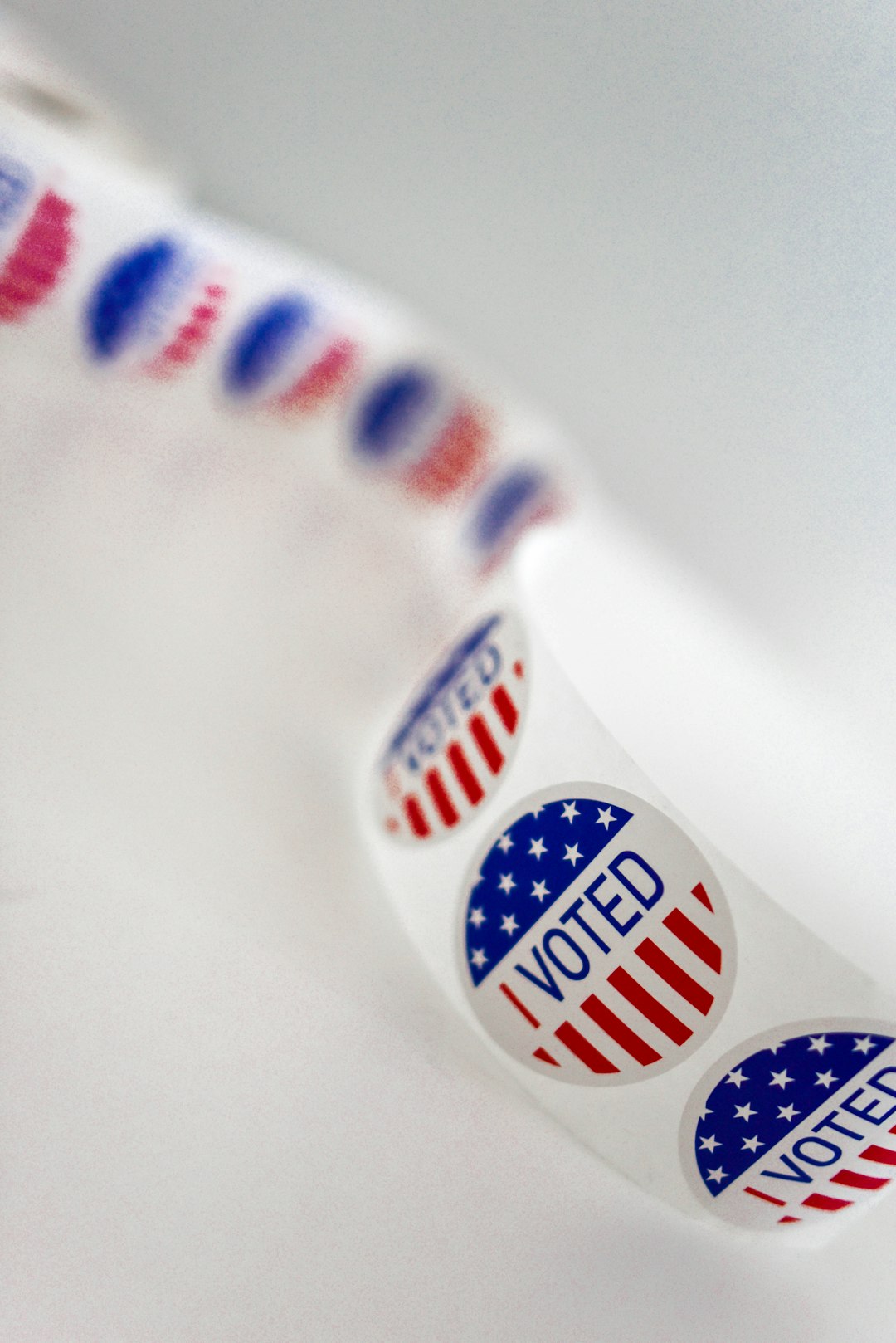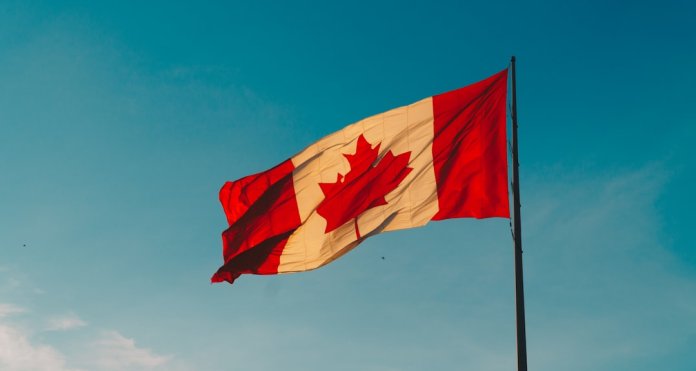A Virtual Private Network (VPN) is a powerful tool that enhances online privacy and security by encrypting internet traffic and masking users’ IP addresses. However, the legality of VPN usage varies from country to country. In some places, they are completely legal, while in others, their use is restricted or outright banned. If you’re wondering whether a VPN is legal in your country in 2025, this guide will help you understand the global landscape of VPN legality.
Why Do Countries Restrict VPNs?
Governments restrict VPNs for several reasons, often citing national security, censorship control, or concerns about cybercrime. Some common reasons include:
- Control over information: Some governments use internet restrictions to limit access to foreign media and alternative viewpoints.
- Preventing illegal activities: While most VPN users have legitimate reasons, some use them for illegal activities such as cyber fraud or bypassing government censorship.
- Maintaining surveillance: Certain countries enforce internet surveillance, and VPNs make it difficult to monitor users’ online activities.

Where Are VPNs Legal or Restricted?
Below is a country-by-country overview of VPN legality as of 2025.
Countries Where VPNs Are Fully Legal
Many democratic countries allow VPN usage without restrictions. These include:
- United States: VPNs are legal and widely used for both personal and business purposes.
- United Kingdom: No restrictions exist on VPN usage.
- Canada: VPNs are legal and commonly used to improve internet security.
- Australia: VPNs are permitted for all online activities.
- Most of the European Union: VPN use is generally allowed across EU nations.
Countries Where VPN Use Is Restricted
Some governments impose restrictions on VPN services, often requiring users to register their usage with authorities or allowing only state-approved VPN providers. These countries include:
- Russia: VPNs are legal, but providers must comply with government regulations and block blacklisted websites.
- Turkey: The government blocks certain VPN services that allow users to bypass content restrictions.
- UAE: The United Arab Emirates criminalizes VPN use for bypassing state-imposed internet restrictions but allows it for businesses.
Countries Where VPNs Are Banned
Some governments completely prohibit VPN use, often enforcing heavy penalties for violators.
- China: Only state-approved VPNs are legal, and unauthorized VPN usage can lead to fines or imprisonment.
- North Korea: VPNs are strictly illegal, with severe consequences for those caught using them.
- Turkmenistan: The government aggressively blocks VPN services to maintain internet censorship.
- Iran: Unauthorized VPNs are illegal, and users can face legal consequences.

What Happens If You Use a VPN in a Restricted Country?
In countries where VPN use is restricted, authorities often target VPN providers rather than individual users. However, in nations where VPNs are banned, users can face significant penalties, including:
- Fines: Many governments impose hefty fines on VPN users.
- Imprisonment: In extreme cases, VPN users can be sentenced to jail time.
- Internet access restrictions: Authorities may block access to VPN-related services or suspend internet access.
How to Use a VPN Legally and Safely
If you’re in a country where VPN usage is permitted, follow these tips to use it responsibly:
- Choose a reputable VPN provider that does not log your data.
- Ensure that your VPN complies with local laws if you’re traveling to a country with restrictions.
- Use VPNs for legal activities, such as protecting your online privacy, securing public Wi-Fi connections, or accessing content legally.
Conclusion
VPNs are legal in most parts of the world, but some countries impose restrictions or outright bans. If you’re traveling or residing in a country with VPN regulations, it’s essential to understand the laws to avoid legal trouble. Always use VPN services responsibly and ensure you’re in compliance with local regulations.
